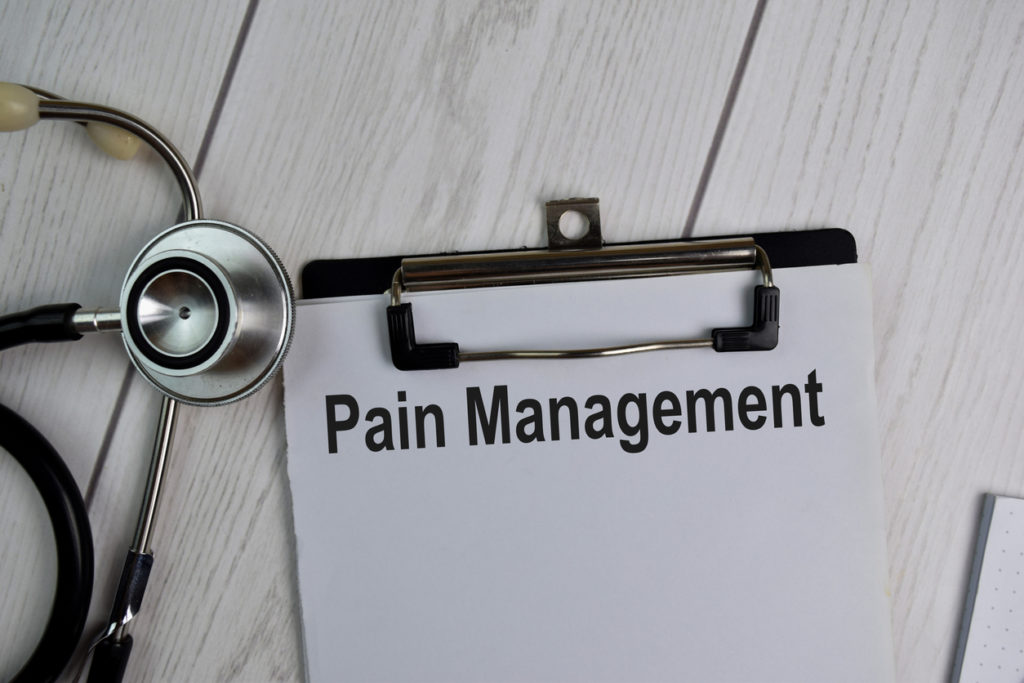
Chronic pain, or what Harvard experts refer to as “invisible disability,” plagues approximately 50 million adults in the country, according to the Centers for Disease Control and Prevention (CDC).
If you’re a statistic, you can effectively manage your pain, regain your normal function, and restore your quality of life through the help of a pain management doctor.
Read on to learn what a pain management doctor can exactly do for you and where you can find a good one in Dover, Delaware.
Diagnosing Pain
To accurately determine the cause of your chronic pain, a pain management doctor will assess your complete medical history and your current health condition, perform a comprehensive musculoskeletal exam as well as order a battery of tests, such as:
- Laboratory tests- blood tests, urinalysis, blood or fluid culture, and antinuclear test (to diagnose autoimmune disease)
- Medical imaging tests- magnetic resonance imaging (MRI), X-ray, ultrasound, and computed tomography (CT) scan.
- Muscle and nerve studies- nerve conduction tests and electromyography (EMG) to measure the electrical activity of your muscles
- Neurological exams – to evaluate your balance and coordination, movement, reflexes, and sensations
- Pain assessment- to determine the type, location, mode of onset, radiation, and other characteristics of your pain
Providing Effective Treatment
A pain management doctor employs a variety of innovative approaches to address pain. Based on the results of their evaluation, a pain management doctor typically recommends the following options apart from the standard pharmacological, non-opioid interventions:
1.) Nondrug and Nonsurgical Treatment Modalities
This type of treatment modality is effective at alleviating pain or reducing—or even eliminating—the need for surgery. Advanced nonsurgical treatment options include:
- Platelet-rich plasma (PRP) therapy– commonly used for treating soft-tissue injuries
- Laser therapy- typically used to treat fibromyalgia, carpal tunnel syndrome, peripheral neuropathy, etc.
- Myofascial release- a type of manual therapy technique used to relieve chronic pain caused by sensitivity and tightness in your myofascial tissues (connective tissues that support and protect your muscles and bones)
2.) Interventional Pain Management
If the treatment options previously mentioned fail to provide satisfactory pain relief, a pain management doctor may use interventional pain management techniques, such as the following, as third-line treatment.
- Image-guided injections- involves the use of video imaging software to guide the needle and ensure that the medication is properly injected into the affected area (Examples of image-guided injections include facet joint injections, trigger point injections, nerve root blocks, prolotherapy, and tendon sheath injections)
- Nucleoplasty – involves the use of a small needle that emits radio waves to destroy excess tissue and shrink the disc bulge, thereby relieving pain and restoring normal function
- Spinal cord stimulation (SCS) – an implanted device that transmits low levels of electricity directly into the spinal cord (ideal for chronic pain caused by failed back surgery, neuropathy, etc.)
- Radiofrequency ablation – involves the use of a radiofrequency needle to create lesions on the nerve fibers to stop them from sending pain signals to the brain (ideal for chronic low back pain caused by arthritis)
Pain Management Doctors in Dover, DE
At the Delaware Back Pain & Sports Rehabilitation Centers, our pain management doctors take pride in their unwavering dedication to provide high-quality care, helping countless patients in Dover and neighboring areas effectively manage their painful conditions and live a good quality of life.
To book a consultation with one of our pain management doctors, call us at one of our 7 convenient locations or use our online request form to schedule an appointment today.


